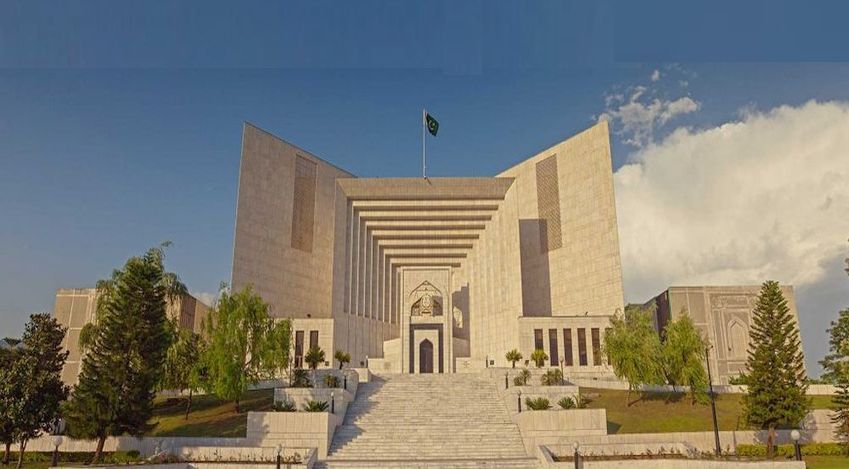The Gas Utility Court, has Exclusive Jurisdiction over Disputes related to Billing, Metering, and Gas Theft --- Supreme Court of Pakistan Upholds Islamabad High Court’s Decision
Islamabad 16-01-2025: In a significant ruling, the Supreme Court of Pakistan dismissed Civil Petitions for Leave to Appeal (CPLAs) filed by Sui Northern Gas Pipelines Ltd (SNGPL), affirming the Islamabad High Court’s decision to remand gas billing disputes to the Gas Utility Court for adjudication on merits. This judgment clarifies the scope and jurisdiction of the Gas (Theft, Control & Recovery) Act, 2016, reinforcing consumer rights and the exclusive powers of the Gas Utility Court.
The dispute originated when gas consumers challenged allegedly excessive billing by SNGPL for the years 2012-2014. The consumers filed suits for declaration, injunctions, and recovery of overcharged amounts. The Trial Court dismissed their claims under Order VII Rule 11 of the Code of Civil Procedure, 1908 (CPC), citing the availability of alternate remedies under the Oil & Gas Regulatory Authority (OGRA) Ordinance, 2002. However, the Islamabad High Court allowed the consumers’ appeals, remanding the cases to the Gas Utility Court.
SNGPL subsequently filed CPLAs, arguing that the consumers’ suits were not maintainable before the Trial Court and that OGRA was the appropriate forum for dispute resolution.
The Supreme Court of Pakistan upheld that the Gas Utility Court, established under the Gas (Theft, Control & Recovery) Act, 2016, has exclusive jurisdiction over disputes related to billing, metering, and gas theft. The Court rejected the argument that the consumers were obligated to approach OGRA first, citing Section 6 of the 2016 Act, which explicitly allows consumers to file suits directly in the Gas Utility Court.
The judgment reinforced the consumers’ right to choose between filing a complaint with OGRA or directly approaching the Gas Utility Court for billing and metering disputes. This choice reflects the equitable remedies enshrined in the 2016 Act.
The Court emphasized that the 2016 Act overrides general procedural laws like the CPC and CrPC. It also provides an overriding effect over other laws, as stipulated in Section 31 of the Act.
The Court reiterated the principle of purposive interpretation, highlighting that the legislative intent behind the 2016 Act is to provide expeditious and effective remedies for gas-related disputes. The preamble of the Act cannot narrow the substantive provisions or restrict consumer rights.
The judgment underscored several key legal principles:
- Special laws override general procedural laws (Generalia specialibus non derogant).
- Consumers are not barred from approaching the Gas Utility Court, even if alternate remedies exist.
- Preambles provide context but cannot override substantive provisions of a statute.
Dismissing the CPLAs, the Supreme Court of Pakistan reaffirmed the Islamabad High Court’s well-reasoned judgment. This decision strengthens consumer rights under the Gas (Theft, Control & Recovery) Act, 2016 and emphasizes the role of the Gas Utility Court as the exclusive forum for resolving disputes involving gas companies and consumers.
Powered by Froala Editor








